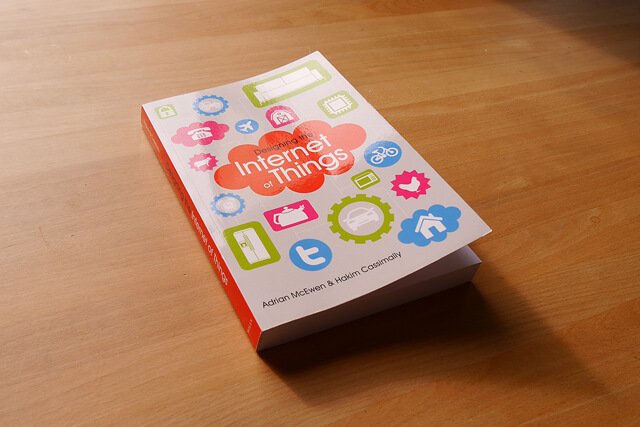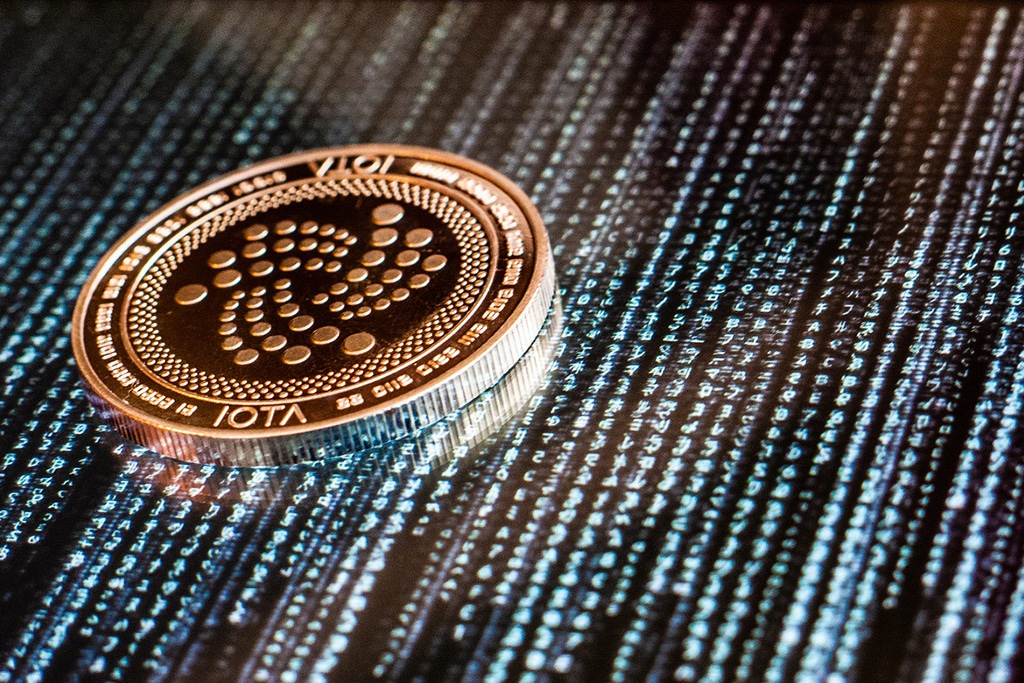
Security remains the main issue within the IoT industry that need to be addressed, taking into account the recent hacking attack powered by compromised IoT devices.
The Internet of Things (IoT) has the potential to significantly transform our everyday life and is already changing the way we work and live. By 2020, there will be 26 billion devices worldwide, say Gartner analysts.
The investment in the technology amounts to $348.3 million, up from $231.9 million in 2014. Moreover, Gartner predicts the figure will reach $547.2m by 2020.
The IoT offers businesses a range of tools to improve their operations and reduce expenses. The technology opens vast opportunities for companies, especially for marketers. Businesses can gather wider amount of consumer data, including their everyday habits. Besides, it allows companies to increase customer engagement by creating targeted ads.
However, despite all the benefits of the technology, consumer interest is falling due to a number of reasons.
Barriers to adoption
The price of wi-fi enabled devices, Exchangewire reports, is one of the main obstacles slowing down the adoption of the technology. Besides, many people consider IoT devices are too difficult to use.
The lack of a single platform for controlling IoT things is among the other factors that constrain adoption. Only 14% of consumers think they can control the safety of their IoT appliances.
To achieve wider adoption, the technology should be used to create real benefits that could be seen by consumers within a period of time. The IoT technology should help people solve their everyday problems, like controlling the health of their relatives.
Among the possible projects is smart cities based on connected devices. In about ten years, the amount of such smart cities is expected to reach 88, up from 21 three years ago. Some Asian and African countries are already planning to build new cities relying on the technology.
Meantime, security is a major concern for consumers. Almost 47% of users say safety issues stop them from using IoT products.
Internet of Things security threat
The recent DDoS attack against security blog KrebsOnSecurity demonstrated that connected devices are posing a real threat for the security of internet. What was new about this massive attack is the software the hackers used. Instead of traditional computers, they used a botnet made up of one million compromised IoT devices, including cameras, home routers, lightbulbs, and video recorders.
Although the attack did not succeed, it is definitely the largest cyber assault ever seen. The analysis conducted by engineers from Akamai, the company that helped to prevent an attack, unveiled the hack was 620Gbps in size.
According to the UK security consultancy PenTestPartners, IoT manufacturers should pay more attention to the security of their products. “We’ve said many times previously that Internet of Things would make for the perfect botnet: Easy to compromise, hard to patch and the owner likely won’t ever have a clue that they’re part of the botnet,” the company stated.
Given the ongoing growth of IoT devices, there will be billions of appliances in the next few years that could be compromised by hackers. The worrying fact is that most organizations are not ready to cope with such massive hacks as the Krebs one, due to the lack of financial resources. The best thing companies can do now is to be prepared and have a plan for such attacks.


